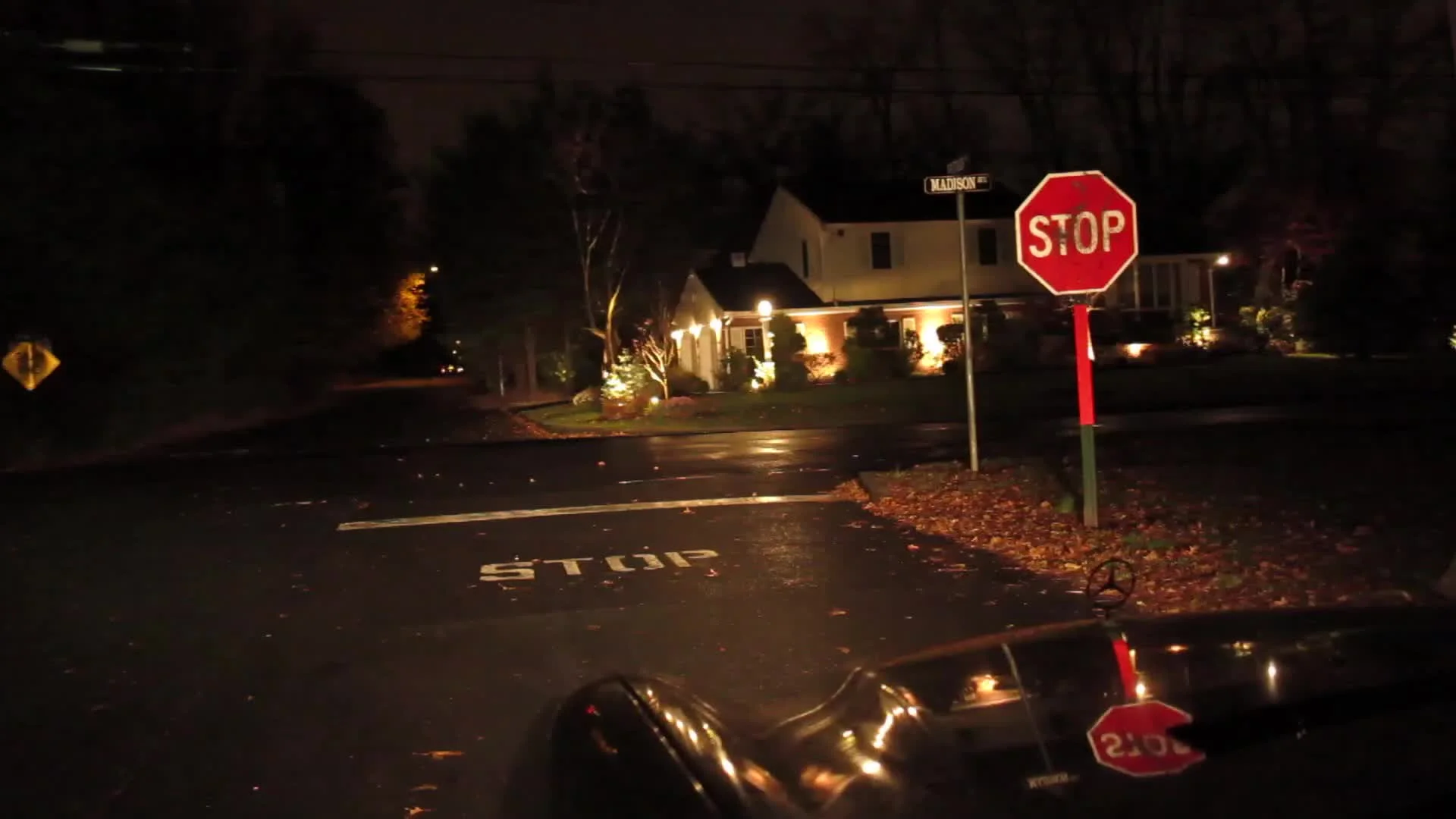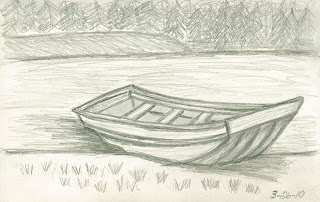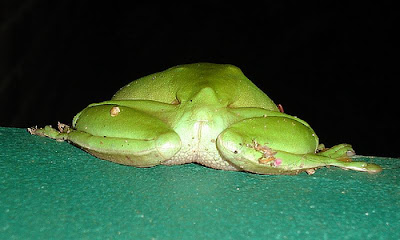Today's PAD Challenge prompt: "It’s time for our fifth (and final) Two for Tuesday prompt of the month! Pick one prompt or use both…your choice! [A] Write a stop poem. [B] Write a don’t stop poem."
Well, ending on a minimalist note feels like going out with a whimper rather than a bang, but I'm still swamped today so I'm kind of grateful. But I did write three haiku (in my head first, in the pre-dawn hours) that encompass not-stopping and stopping. Two of these are drawn from memories of my teen years -- I'm not sure if memory-based haiku are considered legit or not but, for now, whatever.
Three Haiku
Dirt-blackened stop sign
Shadowed by an overpass:
“A” student fails test.
(Yes, this was what happened on my first driving test, in lower Manhattan -- I didn’t see the sign and got an automatic failure for not stopping. Such intense teenage shame; I cried and cried to have failed something for the first time. I wish I could figure out how to get that shame into the poem more directly.)
Quiet empty streets;
Red jewel glows in your headlights:
Pause, bow to the night.
And one more, another very specific memory from my teen years about a different kind of not stopping; I’ve cheated and added a title because the specific, disgusting kind of soda is part of the image for me:
Mello Yello
Throat clogged with horse-dust,
Cold can of scraping bubbles--
Gulping to the end.

--Draft by Anne Myles. Please do not copy, cite, or quote without permission.








